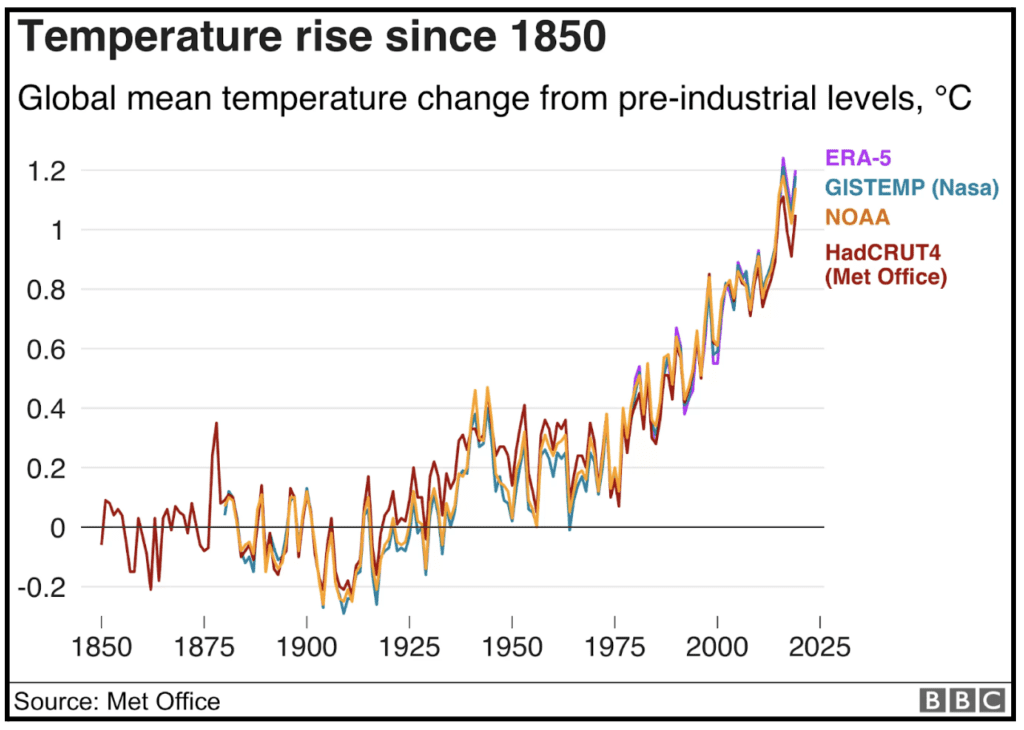Let’s not waste a good crisis
The dominant news story of 2022 has been energy costs and the cost of living. This is a short-term view of the problem… So short term is it that we worry endlessly about the cost of living THIS year, THIS winter, but we do not stop to consider what will be the threat to our livelihood in 20, 30 or 40 years. For instance, climate change will affect food production. How and when we cannot predict but we know that the impact will exponentially grow and grow. Even in wealthy western countries, the times of abundant plentiful food for all may be numbered.
With fossil fuel use unchecked, our and more importantly our children’s future is an uncertain and frightening one.
Here in the UK, we need to get serious about reducing our use of gas and oil. There is a pretty firm consensus on what that means: a national programme of insulation and replacement of gas boilers with electrical-driven heating (mainly air-source heat pumps). It also means accelerating the deployment of alternative power sources, mandating the collection of food waste for Biogas and Biomethane production, as well as more onshore wind and solar energy production.
As the US has done, we also need to incentivise rapid EV adoption. However, because we live on a congested island we also need to think seriously about boosting mass public transport systems that have been neglected and further hammered by COVID.
Finally, on a personal level, we need to be less “British” about climate change. It is considered “depressing” to mention in polite company. This needs to change. The more we discuss the difficult choices that we face, the more our politicians are empowered to make the radical changes required.



